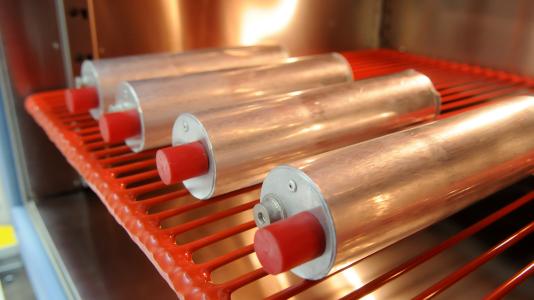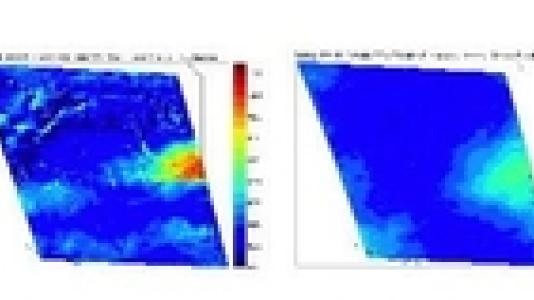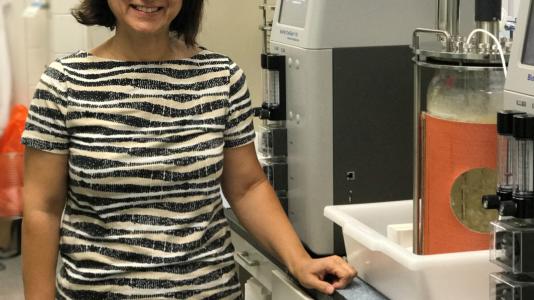The platform, which consists of a set of statistical algorithms to generate wind power point and uncertainty forecasts, can be used for systematic testing and comparison of different computational learning algorithms.
For wind power point forecasting, ARGUS-PRIMA uses concepts from information theoretic learning (ITL) for training a neural network. In tests on real-world data from two large-scale wind farms in the Midwestern United States, results showed distinct advantages of using ITL training criteria as compared to the traditional minimum square error criterion.
For wind power uncertainty forecasting, ARGUS-PRIMA enlists two methods for estimating uncertainty based on kernel density forecasting (KDF). Both KDF algorithms are suitable for online learning. The new algorithms have been tested on datasets from the Eastern Wind Integration and Transmission Study, as well as on two wind farms in the Midwestern United States. Testing shows that the KDF algorithms result in a better match to observed wind power distribution than results obtained using traditional quantile regression.
Applications
- Wind power point forecasting
- Wind power uncertainty forecasting
Features
- Inputs: Can use numerical weather prediction variables, weather observations and power output from wind power farms
- Outputs: wind power predictions (deterministic point forecasts or probability density functions)
- Standard forecast evaluation scores can be calculated
Technical Details/Requirements
Four software environments are used: a PostgreSQL relational database, a C++ neural network library, a kernel density forecast library and supporting algorithm codes. The ARGUS-PRIMA platform consists of source code without an explicit user interface. Users will need to possess considerable programming skills to set up and run the code.



